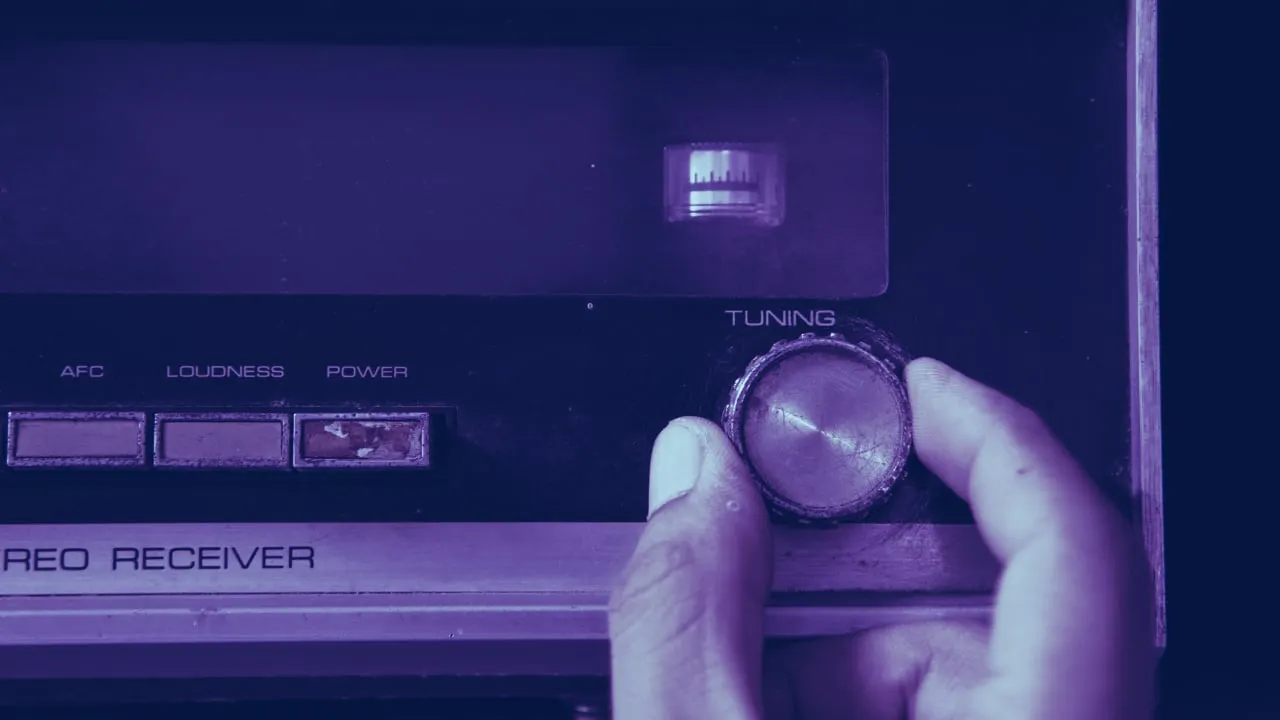Two years ago, Bhasksar Deo, an engineer, was riding in a taxi when he heard a radio presenter spell out a URL to a website. Who has the time to remember that, he thought?
The whole thing gave Deo an idea, though, and led to him creating Trillbit, a Boston-based startup that uses sound to transmit encrypted information across devices as diverse as smartphones, payment machines and drones. He calls Trillbit the “Internet of Sound.”
At CES this month, Trillbit announced a product that targets blockchain companies, who can now use Trillbit’s technology to sign transactions through sound. “If my device transmits a sound, essentially a token with a cryptographic hash, your device can receive the sound and confirm it on a blockchain,” he explained in an interview with Decrypt.
Deo, whose last job was using sound waves to build 3D models of mile-deep wells for an oil and gas company, said it’s useful to establish that two devices were at a certain location at a given time. A drone, for instance, could emit a small “bing” to announce the delivery of a package, which would be picked up by a receiving dock, which would issue a corresponding “bong.” All undetectable to human ears, of course, so you won’t go mad.
The benefit of using sound over, say, bluetooth or NFC, is that a company doesn’t have to install bespoke chips to transmit information, said Dao. “There are more speakers in the world than there are people, so why not build an entire network using these speakers?” he said.
Power your events and exhibitions through our proprietary Data Over Sound technology. Save cost, enrich experience, elevate revenues. #DataOverSound #ExhibtionMarketing #ProximityMarketing pic.twitter.com/Bo9oXaPuBt
— TrillBit (@Trill_bit) January 18, 2020
Deo’s contention is that using sound waves to send encrypted messages is only possible now, since most speakers, microphones, and processors are of high enough quality to send and transmit sound, even in busy rooms, at pitches human ears can’t pick up. Deo said that Trillbit’s range can stretch from 3-10 meters for phones, to around 150 meters for stadium speakers.
So, a coffee shop might use its speakers to set up a payments network based on sound, even if it is playing music; your smartphone would send an inaudible beep to the machine, which would boop right back at it to confirm a transaction. All without buying extra hardware.
Deo said Trillbit is yet to find a customer for its new blockchain integration, but has plenty for its original, non-blockchain variant; it’s working with payments giant Western Union to increase the speed of its payment systems at stores. Deo said it’s increased payments speeds by around four times.
Sounds, er, promising!

